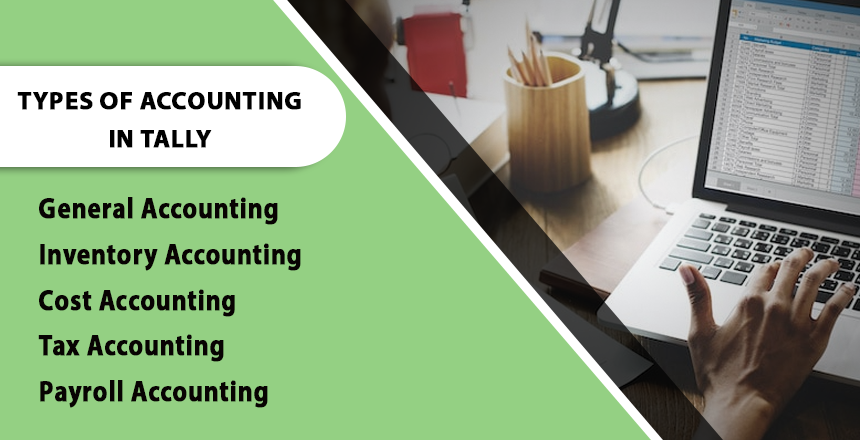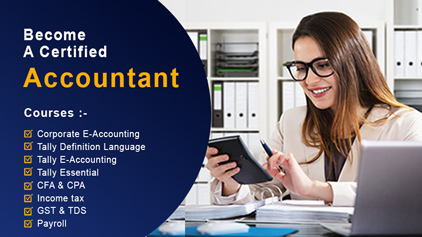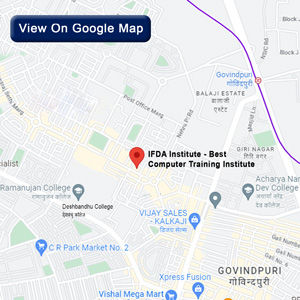Types of accounting in tally

Tally is among the most commonly used accounting software implemented in small and medium enterprises in India. It offers multiple accounting functionalities, which allow for documenting and tracking financial operations, preparing reports, and meeting legal requirements. Some of the major types of accounting supported by Tally are:Some of the major types of accounting supported by Tally are:
1. Financial Accounting
Financial accounting is concerned with the preparation of an entity’s accounts, such as the assets, liabilities, equity, income, and expenses. Tally offers the creation of ledger accounts to capture various aspects of the business. All types of transactions, like sales, purchases, receipts, payments, etc., can be posted into these accounts. Accounts such as the profit and loss statements, balance sheet, and trial balance can be produced easily. Tally also has features of budgeting and scenarios to improve the financial planning system of the business organization.
2. Cost Accounting
Cost accounting is a branch of accounting that focuses on costs incurred in manufacturing and business operations. With Tally, users have numerous cost centers and cost categories to help in the management of expenses. Standard costing techniques include comparing actual costs with standard costs in order to assess variances. For cost control, reports based on cost analysis such as material cost, overhead cost, production cost, budgetary cost, etc. can also be prepared.
3. Tax Accounting
Calculation of taxes is a crucial aspect of compliance in any organization. Tally houses the latest features for direct and indirect taxation and has an easy-to-use user interface. Tax deductions and exemptions can also be easily documented during accounting since they are part of expenses. TDS and TCS are computed based on the transactional level and type of payment that is being made. Recording of supplies, tax reporting, filing of returns, e-way bills, and many others make it possible to achieve GST compliance. These tax functions assist in making the process of filing taxes and tax compliance easy for the businesses.
4. Inventory Accounting
Tally has specific inventory accounting features for manufacturing, trading, and service industries that manage inventory. It enables to set up stock items, multiple godowns, and record opening stock as well as any inward or outward movement. Purchasing, storage, sales, and the cost of products can be monitored through the use of the system. Working inventory reports include stock resumes, stock aging reports, expense reports, and other reports for effective stock control.
5. Banking and Reconciliation
Payments, receipts, deposits, and fund transfers are some of the day-to-day banking activities that need to be recorded appropriately. The following sub-topics are easily executable through Tally: Multiple bank ledgers can be prepared, transactions can be recorded, payment methods can be linked, and payment advice can be generated without much effort. Bank reconciliation can help match a company's account records with bank statements to identify discrepancies with its auto-reconciliation feature. Another benefit of this approach is that it is easier to get accurate cash flow reporting.
6. Multi-currency Accounting
For trading companies that deal in export/import, they can create ledger accounts in multiple currencies, for example, INR, USD, GBP, etc., and it is possible to capture transactions in different currencies and their equivalents in foreign exchange. The exchange gains/losses are computed and recorded in Tally right from the moment they occur. It is also possible to have the financial statements in the preferred currencies.
These elaborate accounting features make Tally an all-encompassing business management and compliance tool for small and medium businesses. Ongoing updates for the current standards in accounting, taxes, and technology make Tally a go-to solution for streamlining finances for businesses.
- Written By - Natasha Singh









